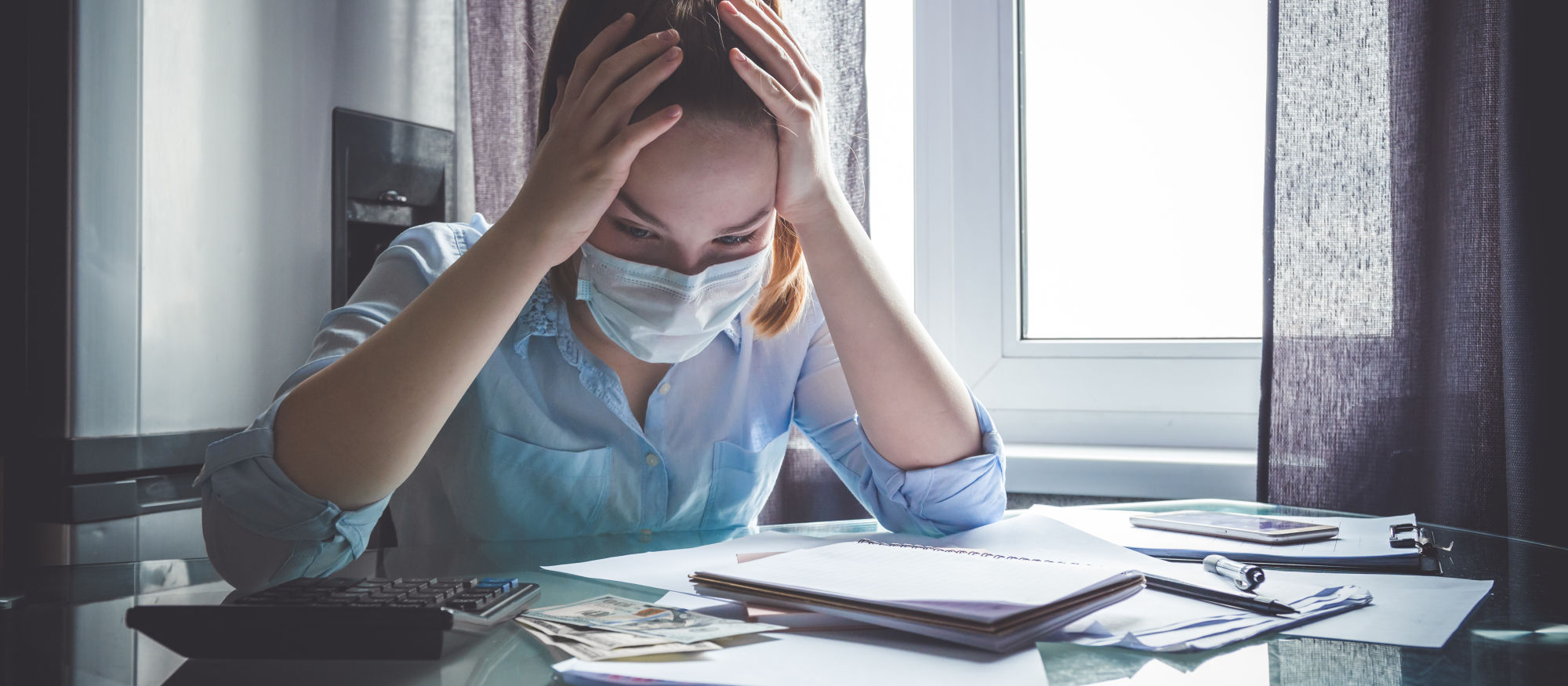| Contents: |
Hypochondria during coronavirus
I might as well tell you straight away, the price of my health insurance is going to shoot through the roof...
But first, what does it mean to be a hypochondriac?
Being a hypochondriac means constantly worrying about the state of your health and being convinced that you are suffering from an illness. If listening to your body is a real obsession for you, you certainly have some symptoms of hypochondria.
>>> Discover the 5 symptoms of anxiety
I'm perhaps a bit of a hypochondriac
Before hearing about coronavirus, I was a big fan of check-ups. Every time I got a correct test result, I struggled to control my nerves, but I was happy and really proud of myself and my body. In fact, I’m not often sick, so of course, as soon as something happens to me, I can’t stop myself from worrying, then gradually getting anxious.
At the beginning of the coronavirus crisis, red blotches began appearing all over my body. I seriously thought I had skin cancer before wondering whether it was an unknown symptom of Covid. After having my stomach turned by all the photos of skin diseases I found on the Internet, I braved the waiting room of the doctor who diagnosed me with a skin disease caused by stress! In the end, all that made me stressed out, a bit unreasonable, more than a hypochondriac… but it doesn’t get any better.
Or perhaps I'm in denial and my problem is bigger than I first thought
As soon as the virus appeared in China, I started worrying. Some of my friends said it was nothing, that there were fewer deaths than with a flu… it reassured me for a while and then the lockdown happened, and I got hit by a wave of anguish that overwhelmed me. Two months later, I’m still taking my temperature as soon as I have a slight cough or a slightly irritated throat. Every time I go out to do the shopping, I come home with a headache, and I’m convinced that this time, for sure, I’ve got it!

My head is heavy, I’m exhausted, I panic!
My worries persist and get worse. People are talking about a second or even third wave and having to live with the virus. All this talk is making me feverish and wonder if a bout of stress might end up killing me.
Can Covid really impact our mental health?
I had always felt anxious, but now my health is becoming my priority and an obsession. What is it that reassures me? - That I’m not the only one in this position. No, the health crisis is worrying, and it is the same for everyone. It would seem that I’m not the only one imagining symptoms and worrying excessively every time I step outside my door. Yes, but then how can you avoid going down the steep slope that leads directly to hypochondria? To start with, it’s out of the question to drink bad news – that will only reinforce an already heavy feeling of worry and insecurity. And then, rather than continuously concentrating on your body, direct your thoughts to other things.
Sport, yoga or meditation are excellent for reconciling with your body, feeling more relaxed and keeping a feeling of control. This way, you concentrate on your whole body, rather than remaining fixated on a sore throat, a bloated stomach, a tight chest…
Editor’s note - Should I seek professional help?Who will be able to boast that they have emerged unscathed by this health crisis? But be careful of downward spirals. Covid-19 will undoubtedly have left more or less harmful traces. If your health or lifestyle becomes an obsession, rather than taking your temperature every hour or considering going to your doctor several times a month, you should think about seeing a psychologist. Setting your own limits requires help, and an online psychologist may be the ideal solution during this period. |
If you've enjoyed this article, why not check out some others:


















Did you like this article?
Want to know more 🤔 ?
Write directly to the authorKatieM. !
Ask Katie a question
Want to share your thoughts? Leave a comment